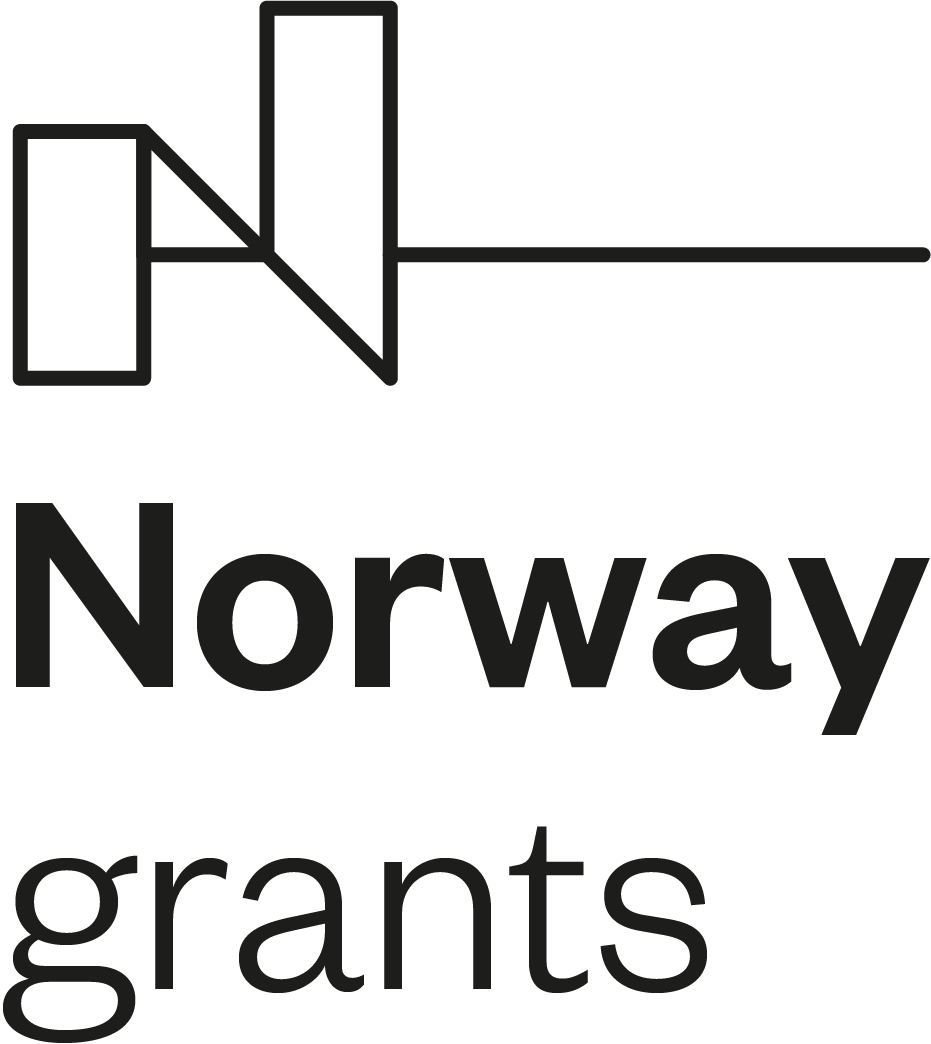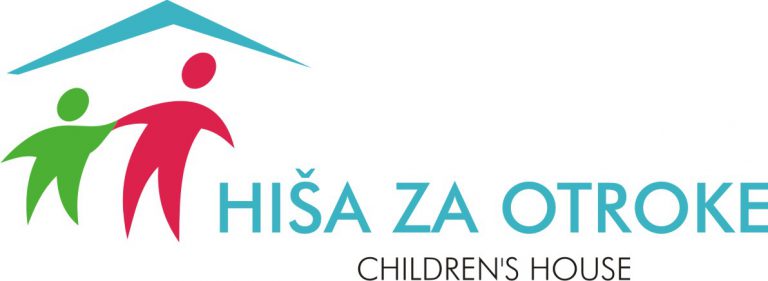Presentation of the Children's House project (Barnahus project)
Norwegian Financial Mechanism
The Children's House project is funded by the Kingdom of Norway through the Norwegian Financial Mechanism. This funding was used for the pilot operation of the Children's House and to train professional staff, furnish the building and raise awareness about child abuse.
The establishment and pilot operation of the first Children's House in Slovenia
At the pilot site, a model for the integrated treatment of child victims of crime was established, based on the Barnahus Model, which is considered to be an example of good practice in this field and a leading European model for a multidisciplinary and inter-institutional response to child sexual abuse. We provided effective inter-institutional cooperation and services for the professional and integrated treatment of child victims of crime in one place.
At the pilot site, a model for the integrated treatment of child victims of crime was established, based on the Barnahus Model, which is considered to be an example of good practice in this field and a leading European model for a multidisciplinary and inter-institutional response to child sexual abuse. We provided effective inter-institutional cooperation and services for the professional and integrated treatment of child victims of crime in one place.
With financial support from NOR FM, we will provide the necessary professional training for the staff working in the Children's House.
Establishing a network of trained professionals and multidisciplinary teams
For treatment according to the Barnahus Model to be possible in Slovenia, we need enough professionals from different disciplines who know and understand the concept of how the Barnahus Model works. To this end, we will provide the necessary training, delivered by both national and international renowned experts. Training will be provided at several levels. Firstly, we will train professionals who will work directly in the Children's House to carry out forensic interviews and to apply modern methods of psychosocial support to children and their families.
We will also provide training to selected professionals from other institutions so that they can assist the Children's House staff as needed, or continue to provide psychosocial support in another institution or location if this is in the best interests of the child.
Raising awareness among the competent institutions, target groups and the general public of the problems and the availability of assistance for children, witnesses and victims of crime.
Via the use of various communication tools, the Slovenian professional and general public will be sensitised and made aware of child sexual and other abuse and the options available to victims. They will be introduced to a new approach that prevents the re-victimisation of victims and ensures they are treated with kindness. This will increase trust in institutions and make it easier for victims and their families to make the decision to report abuse. We held workshops in primary and secondary schools across Slovenia to raise awareness among children and professionals about sexual abuse, how to recognise sexual abuse and what to do if they suspect it is happening. We set up a website where all information about the project, the Barnahus Model and other relevant information will be available to professionals and the general public. At the same time, we will raise awareness among the general public about the problem of sexual abuse and the appropriate response to it through modern forms of communication (web, social networks).
Links:
Ministry of Cohesion and Regional Development | GOV.SI
Home | Norway grants | EEA grants
European Union
The European Union also played an important role in the implementation of the Barnahus Model, offering its assistance through its support for structural reforms in cooperation with the European Commission’s Directorate-General for Structural Reform Support (DG REFORM). The Republic of Slovenia received assistance from the Council of Europe in the implementation of the project, including support in the preparation of the legal basis, the training of all key staff, the development of protocols for the work, public awareness-raising, expert consultations, etc. The Ministry of Justice signed the Statute of the PROMISE Barnahus Network at the end of November 2019. The PROMISE project, with the financial support of the European Commission, laid the foundations for cooperation in the establishment of multidisciplinary and inter-institutional services in Europe, and aims at networking and the mutual exchange of knowledge and experiences. The Ministry of Justice is also participating in the PROMISE 3 project, which is based on the construction of a European Competence Centre for Barnahus training and the delivery of the training itself.
The first part of the project, entitled Improved Legal and Institutional Framework, involved a process for reviewing the legal framework in the Republic of Slovenia, which served to establish an appropriate legal basis for the implementation of the reform, the introduction of inter-institutional monitoring and evaluation procedures, and policies and mechanisms necessary for the quality and sustainable operation of the Barnahus Model in the Republic of Slovenia. The project supported the drafting of a specific law to define the operational framework and organisation of the Barnahus Model and the roles and responsibilities of individual participants. The Protection of Children in Criminal Procedure and their Comprehensive Treatment in Children's House Act was adopted in March 2021. The establishment of the Barnahus Model in the Republic of Slovenia represents a significant change in the manner of cooperation of professionals in the field of the treatment of children victims of crime, including the procedure for conducting forensic interviews with children and the manner of cooperation among institutions.
The second part of the project, entitled Improved Skills and Professional Capacities, includes training, tools, guidance and materials developed to facilitate inter-institutional coordination and cooperation and to improve the conduct of forensic interviews and forensic medical examination procedures, within the Barnahus Model.
Under this part of the project, the following key tasks were developed:
- Improving criminal investigations and court hearings of cases of child victims or witnesses of crime, developing guidelines for judges and prosecutors.
- Development of a protocol and guidelines for conducting forensic interviews, recommendations for the procedure and criteria for selecting forensic interviewers, targeted training for police officers and psychologists.
- Training of health professionals for carrying out forensic medical examinations.
Recommendations on procedures and criteria for the certification of health professionals were issued, and the training of health professionals in this area was provided. The third part of the project, entitled Increased Awareness of Child Sexual Abuse, presents additional opportunities to raise public awareness of such crime and encourages professionals to support the raising of public awareness. It is aimed at the general public and professionals working for and with children, encouraging them to raise awareness, and to identify and report any crimes committed against children. Sensitisation and awareness-raising are key conditions for identifying and taking action to prevent and respond to crimes against children. The project conducted both quantitative and qualitative research to establish a baseline of awareness and understanding of child sexual abuse in Slovenia. Information and awareness-raising materials were developed and adapted to the Slovenian context. Targeted training will also be organised within the Barnahus project in Slovenia for groups of selected professionals in order to sensitise professionals working with and for children and to identify and report crimes committed against children.
Link:
https://www.coe.int/sl/web/children/barnahus-project-in-slovenia



